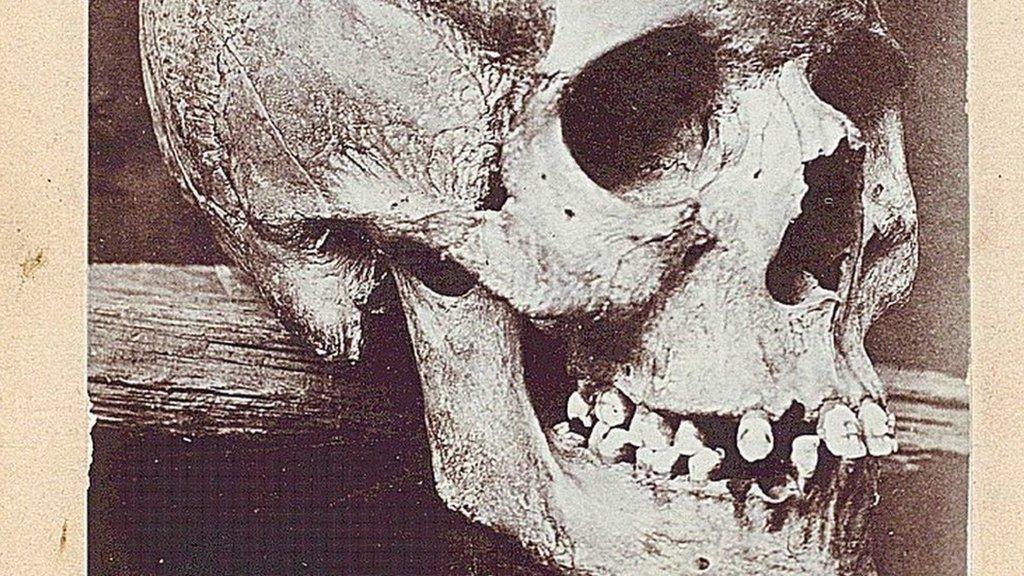WitchTok: The witchcraft videos with billions of views
- Published
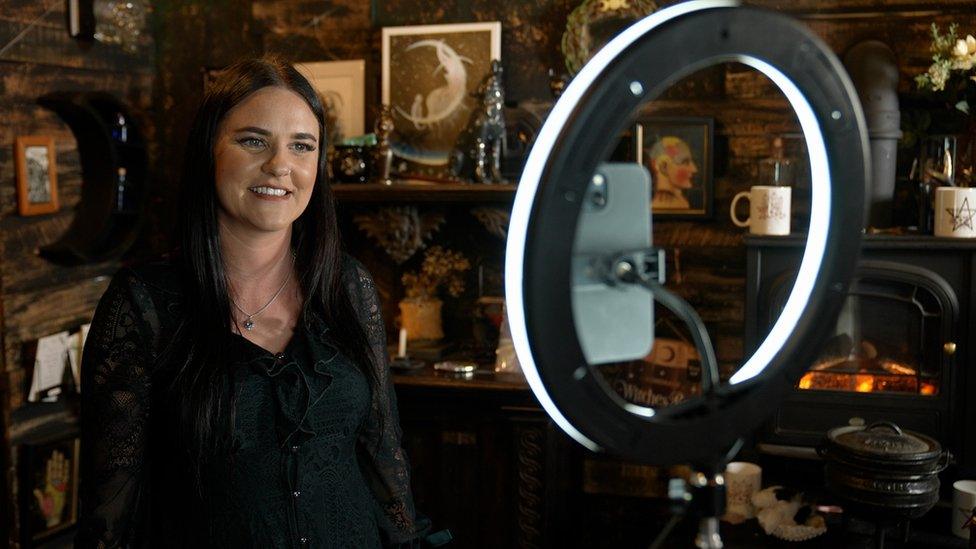
Ayla Skinner says performing what she describes as spells and magic on TikTok makes her feel "empowered"
When you think of TikTok, dance challenges, comedy creations and the latest earworms probably spring to mind.
But one of the latest trends is focused more on spells, potions and prophecies - witchcraft.
Videos with the hashtag WitchTok have amassed more than 30 billion views, and has made it easier for would-be witches to learn about it.
Creators say it's bringing the community closer than ever before.
TikTok's #witch hashtag has received nearly 20 billion views, #witchtiktok has nearly two billion views, and #babywitch, a hashtag for those new to the craft, has more than 600 million views.
Ayla Skinner, known as Witch in the Wilderness on TikTok, lives in Cornwall and has amassed followers by performing what she describes, as spells and magic.
She says it makes her feel empowered: "Witchcraft, paganism, it all gives you a bit of control back, you can live your life how you want."
"I live my life magically, I do magic every day. It gives people a real sense of individuality and the power to do things themselves," she said.
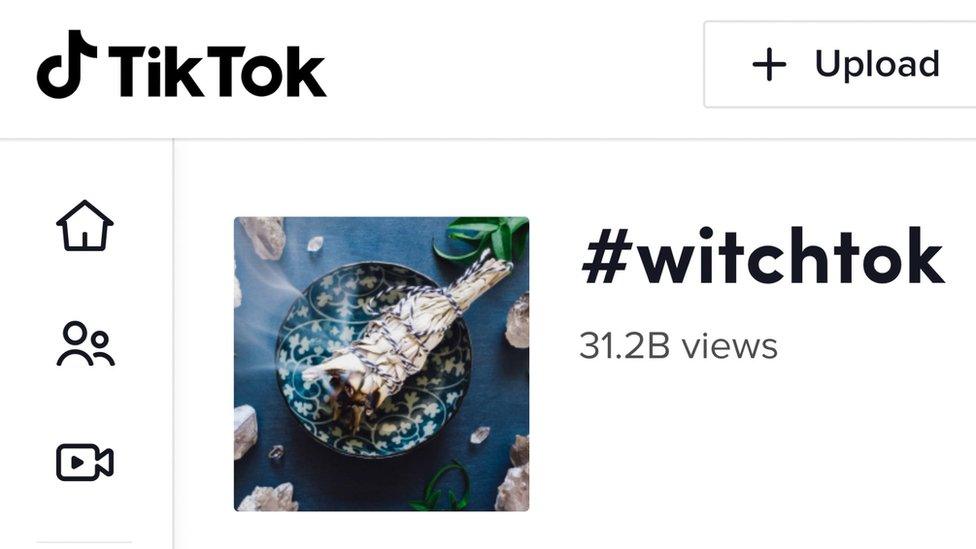
#Witchtok has generated over 31 billion views on TikTok
Ayla believes TikTok has enabled people of all ages, and from around the world, to be a part of the witchcraft community.
"Witchcraft years ago, you had to find a coven and get initiated and trained. Now you can go to your local bookstore and grab a witchcraft book or book about crystals," she says.
"TikTok has changed the way we practise witchcraft, it's so acceptable now to learn from social media."
WitchTok content includes live-streaming tutorials, educational videos, and documenting the day-to-day lives of witches.
Frankie Castanea is from the USA and identifies as a gender-fluid Italian-American folk witch.
Frankie has 1.4 million followers through their Chaotic Witch Aunt TikTok page and has amassed more than 90 million likes through sharing content about witchcraft.
The 24-year-old said: "Witchcraft in different cultures has different connotations. Witchcraft is not a religion, it's a belief, it's a spiritual practice."
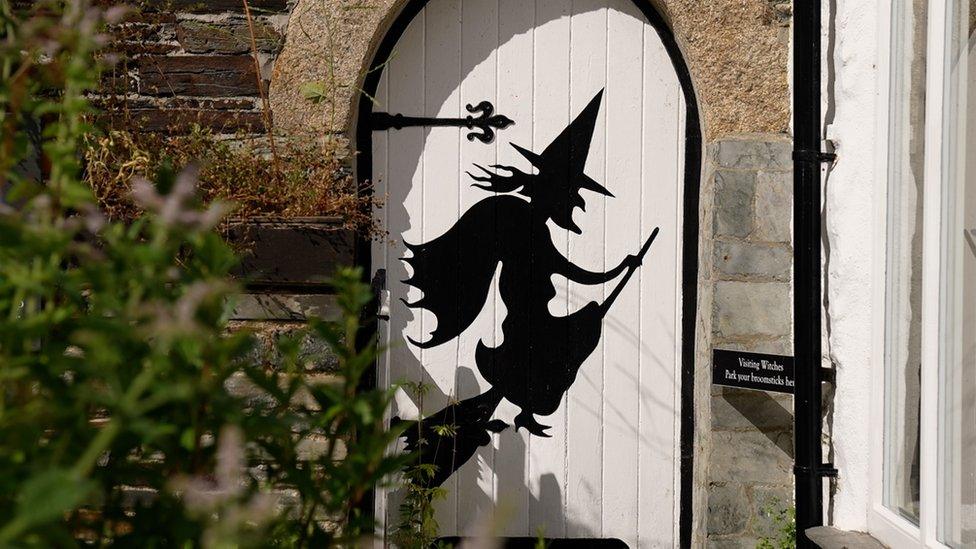
"The term 'witch' is one people elect to use themselves. It's so broad and encompasses so many traditions."
Witchcraft can have connotations of the dark arts, but Ayla believes magic can be "quite misunderstood".
"Hollywood and Disney have created this very dark, very evil character, which isn't necessarily true," she said.
Prof Diane Purkis, from the University of Oxford, is the author of A Witch In History. She's examined the scepticism surrounding witchcraft, which she calls one of the "oldest human societies".
"There are witches in Classical times, in Greek and Roman literature," she says.
Historically, witchcraft was viewed as an explanation of sudden and unexpected ill-fortune, such as the death of a child or a bad harvest.
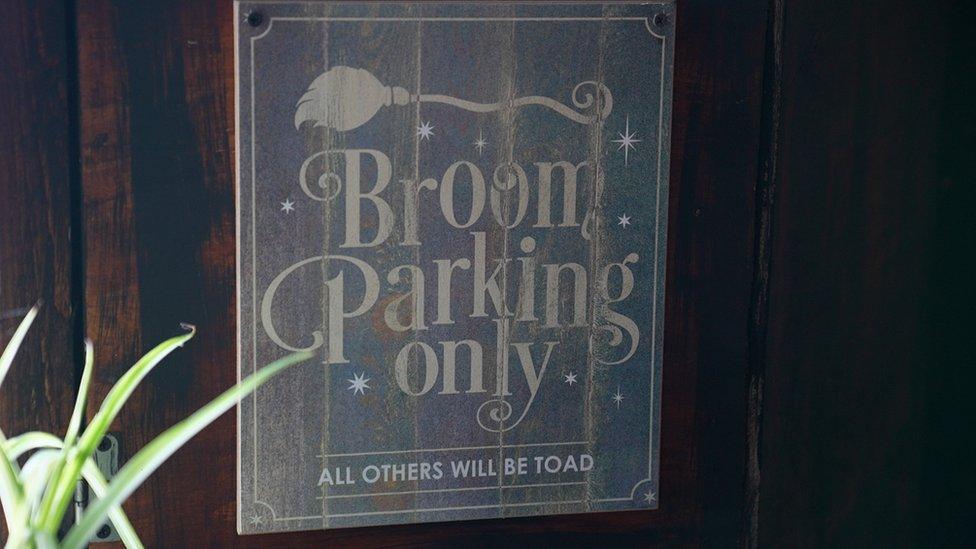
Dr Isak Niehaus, Senior Lecturer at Brunel University London, specialises in African witchcraft and says it's a form many people around the world still believe to be true.
"In Europe, witchcraft is seen more as the use of magical powers for any kind of purpose, largely for healing," he says.
"Whereas in Africa, envious and jealous people use witchcraft in the purpose of harm.
"In Africa no-one would own up to being a witch, the practice of witchcraft is secret and operated at night in hidden locations, their identity is always concealed," he said.
But Ayla believes the growing popularity of witchcraft is here to stay.
"Just like nature has light and dark so does witchcraft, and it's how you choose to use the light and the dark," she adds.


Follow Newsbeat on Instagram, external, Facebook, external, Twitter, external and YouTube, external.
Listen to Newsbeat live at 12:45 and 17:45 weekdays - or listen back here.
Related topics
- Published7 January 2022
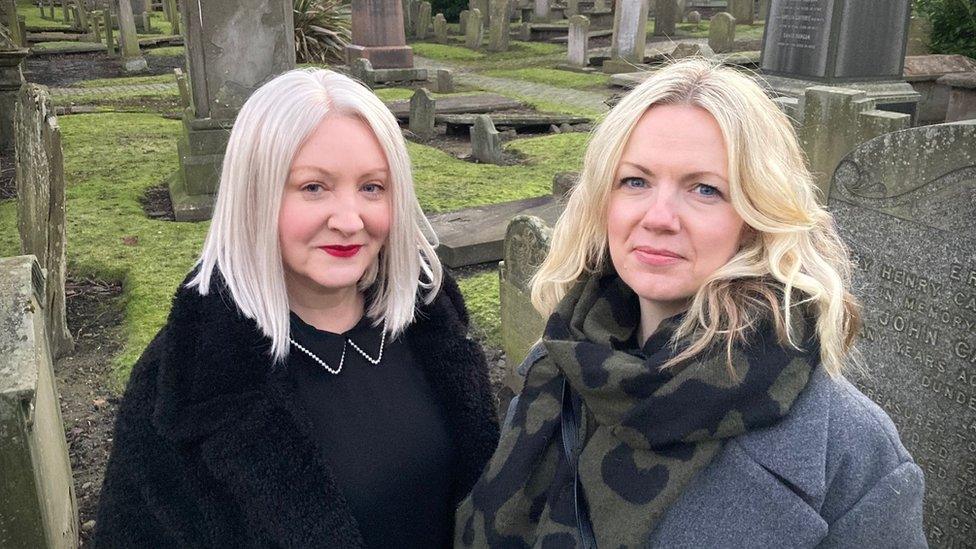
- Published30 October 2021
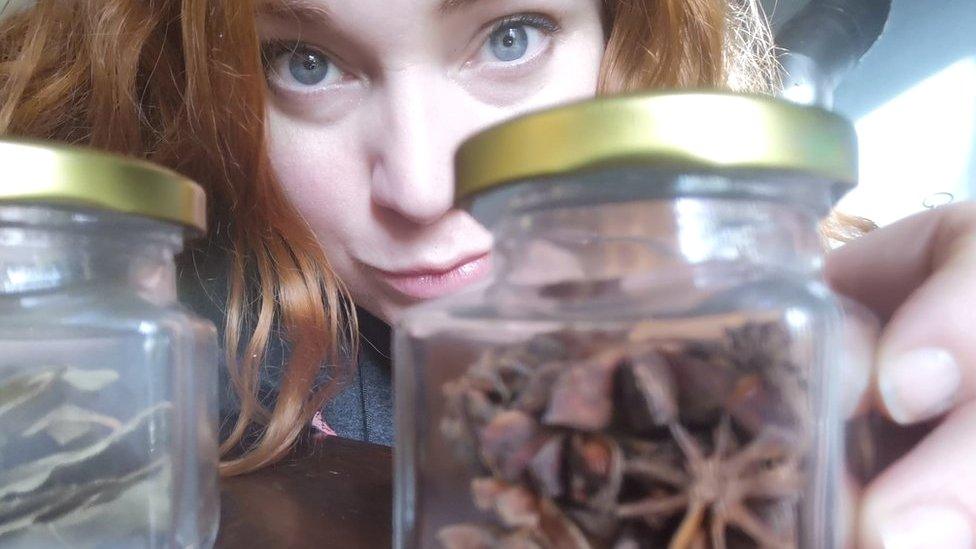
- Published28 October 2014
